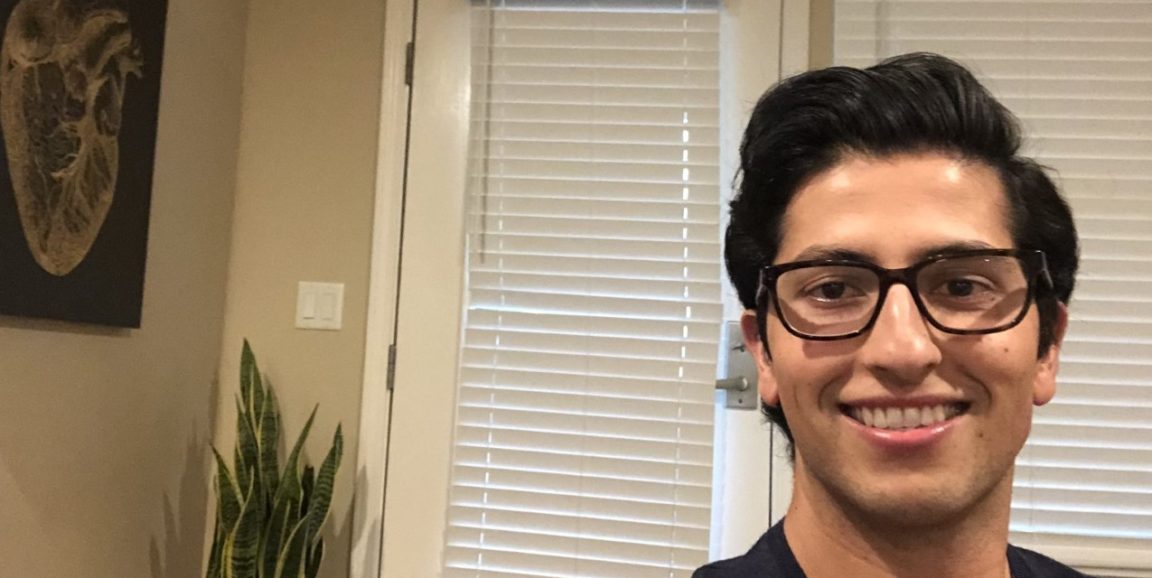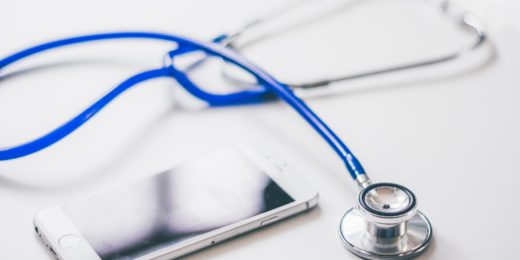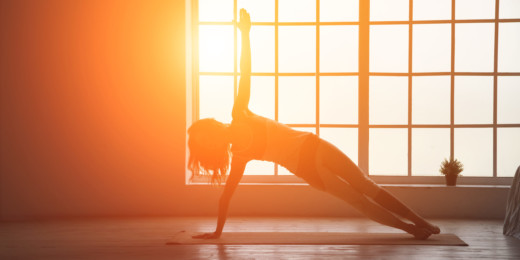One night in mid-March, Rahul Sharma, MD, director of structural interventional cardiology and an assistant professor of cardiovascular medicine at Stanford, developed a headache; he also felt tired and his muscles ached. Even though he lacked the classic symptoms of COVID-19 -- fever and cough -- he tested positive. Within a few days he was feeling back to normal, but he had to spend 26 days quarantined at home before he could return to work.
Here's his account of his experience.
What made you get the test for COVID-19?
Initially, I thought I'd overdone it at the gym -- I'd done a big back workout and my back was hurting. But I never get sick, so I had an instinctive feeling. I thought, even though my symptoms aren't typical I should probably get tested, in light of the fact that I have a lot of clinical exposure from procedures and other staff members.
When I got the positive result, it made me wonder how many people who have atypical symptoms may not have received the test and could be walking around infectious. Fortunately, no one who I was in contact with before I got sick -- that I know of -- tested positive.
I was told I needed to test negative before I could go back to work; and I was quite surprised to learn I was still positive after my first test, because I felt great. I had to get the test two more times before I was negative.
How did you spend your time in quarantine?
I ordered a pullup bar, some resistance bands and kettle balls, and I started using online workouts from social media. And I started cooking a lot more. It's been great; it's much healthier.
I watched a lot of Netflix; I don't usually watch TV, so that was new. I watched the third season of Ozark, and I watched the Formula One series -- I'm a big fan of cars.
I wrote papers, which I hadn't had time to do because I'm so busy on procedures. I caught up on a lot of administrative paperwork that's been sitting on my desk for a while. I also conducted some virtual visits with patients.
It was an adjustment, as I rely on being busy. My mindset started out very positive; it took a bit of a dive when I learned after 14 days I needed to stay in quarantine, then it went back to being positive and productive.
Does it help or hurt to be a physician when you're sick?
For me it helped, because I was able to sort through all the data that's out there and not panic about it or have the wrong information.
Also, I knew that the best thing to do for the greater good was to stay in quarantine until my test was negative, because we don't know how long people are infectious. You have to put your own feelings aside; and as frustrating as it was, I was OK being at home.
How did you feel when you learned you tested negative?
It was really liberating. I'm also appreciative that I got off easy. The worst of it was the nasal swabs and being stuck in my house. There are people who are much worse off -- people who are much sicker, or didn't make it -- and people who have to worry about meeting basic life necessities.
I've checked about donating plasma. I hope I meet the criteria so I can help others.
How did this experience change you?
I've really learned to let go of a lot of the little things. So much was out of my control -- I didn't know when it would end. I've had to change my perspective on being so regimented. I'm learning to roll with it a bit more.
What advice do you have for other health care professionals and for the general public?
First, be really diligent and careful about not contracting this. I could have picked it up anywhere. It could have been the gym. It could have been the full day of clinic I had two days prior. It could have been the supermarket.
Second, get tested even if your symptoms are mild. Don't worry about a positive test, about having to take time off. We all have to do our part to protect the community.
For those who test positive and end up in quarantine, use the time to catch up on things. Catch up on time with family. Catch up on tasks you haven't had a chance to do.
Finally, this shows how important it is to shelter in place. I probably wash my hands more than the average person, and I'm young and healthy. Yet I still was susceptible.
Photo courtesy of Rahul Sharma






